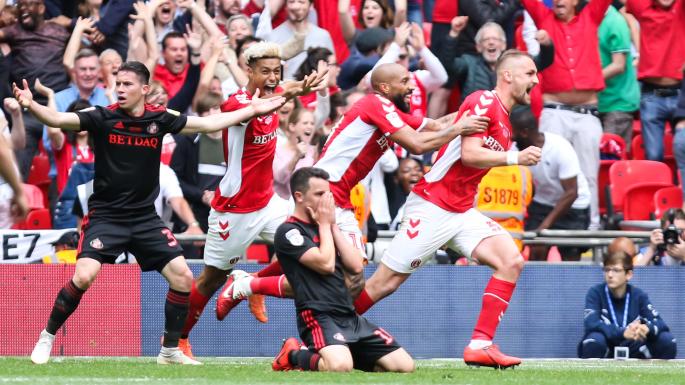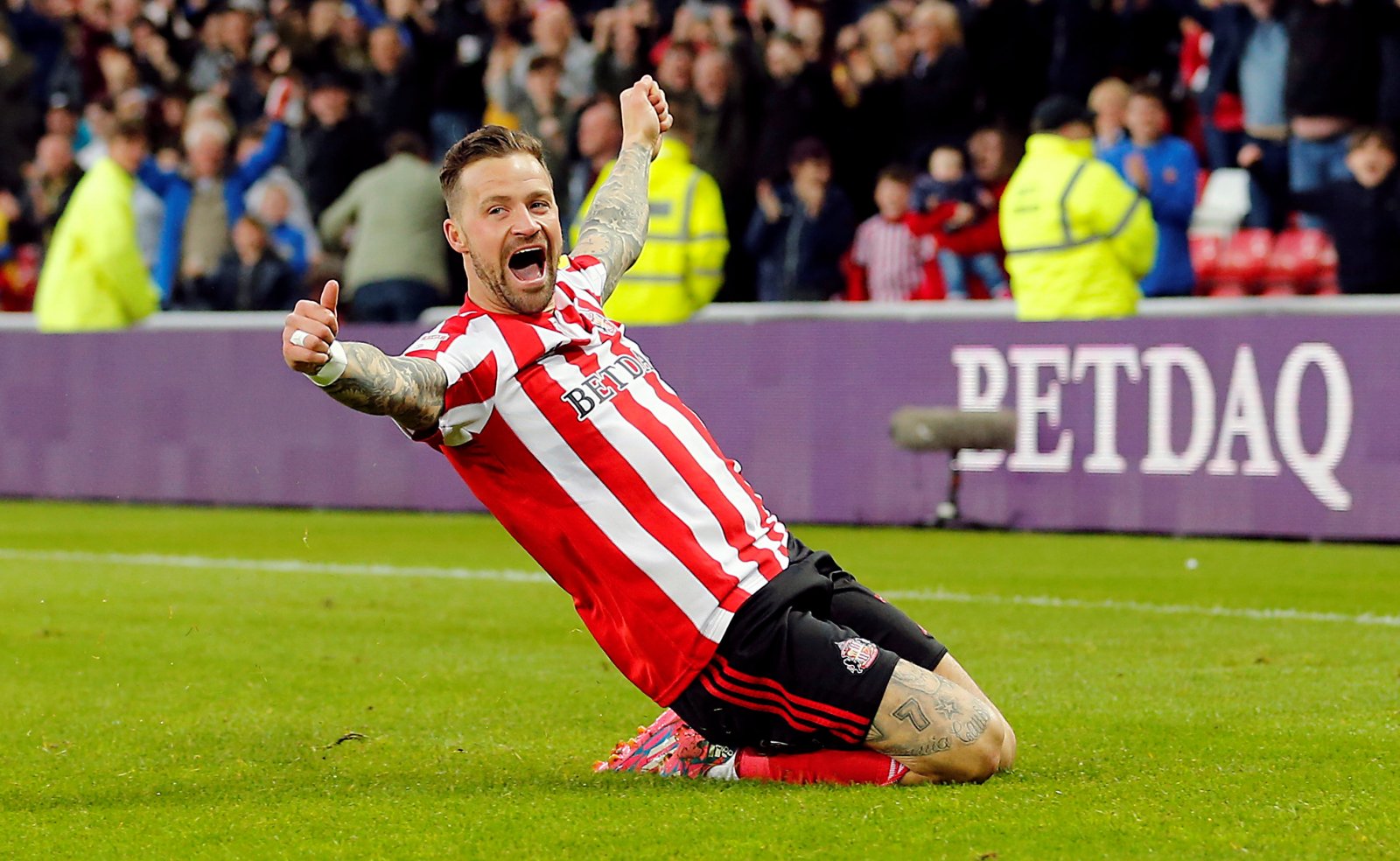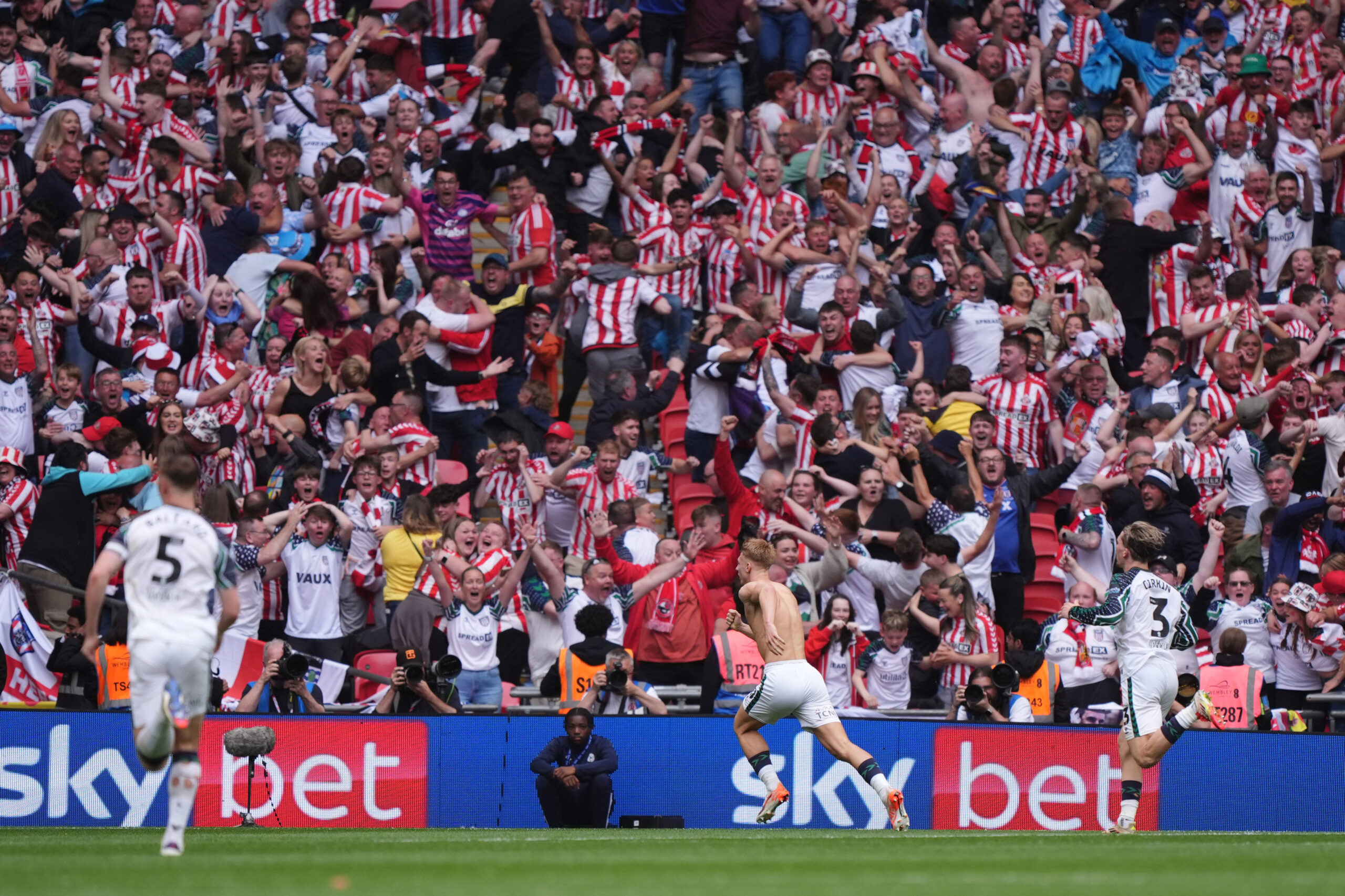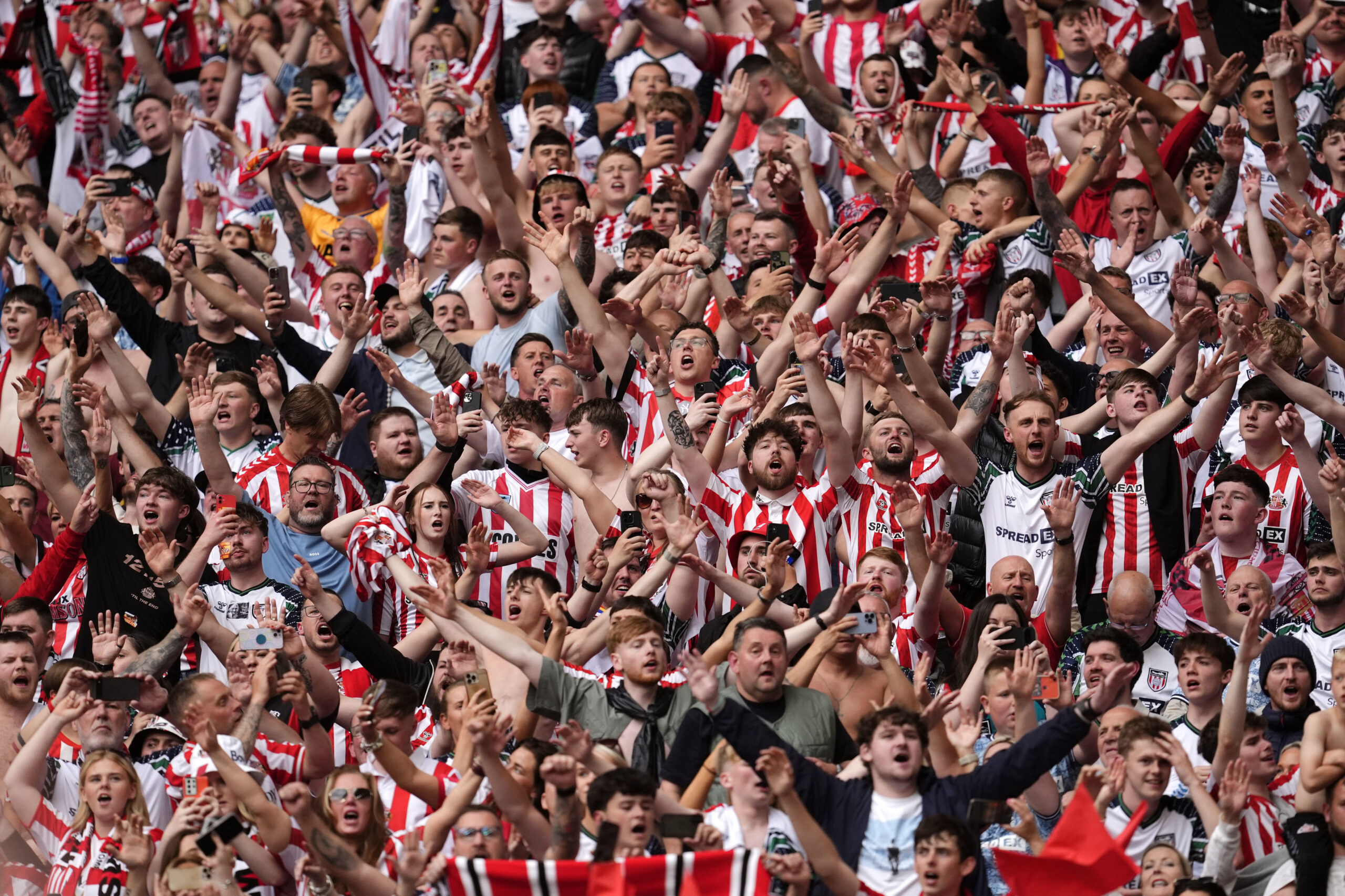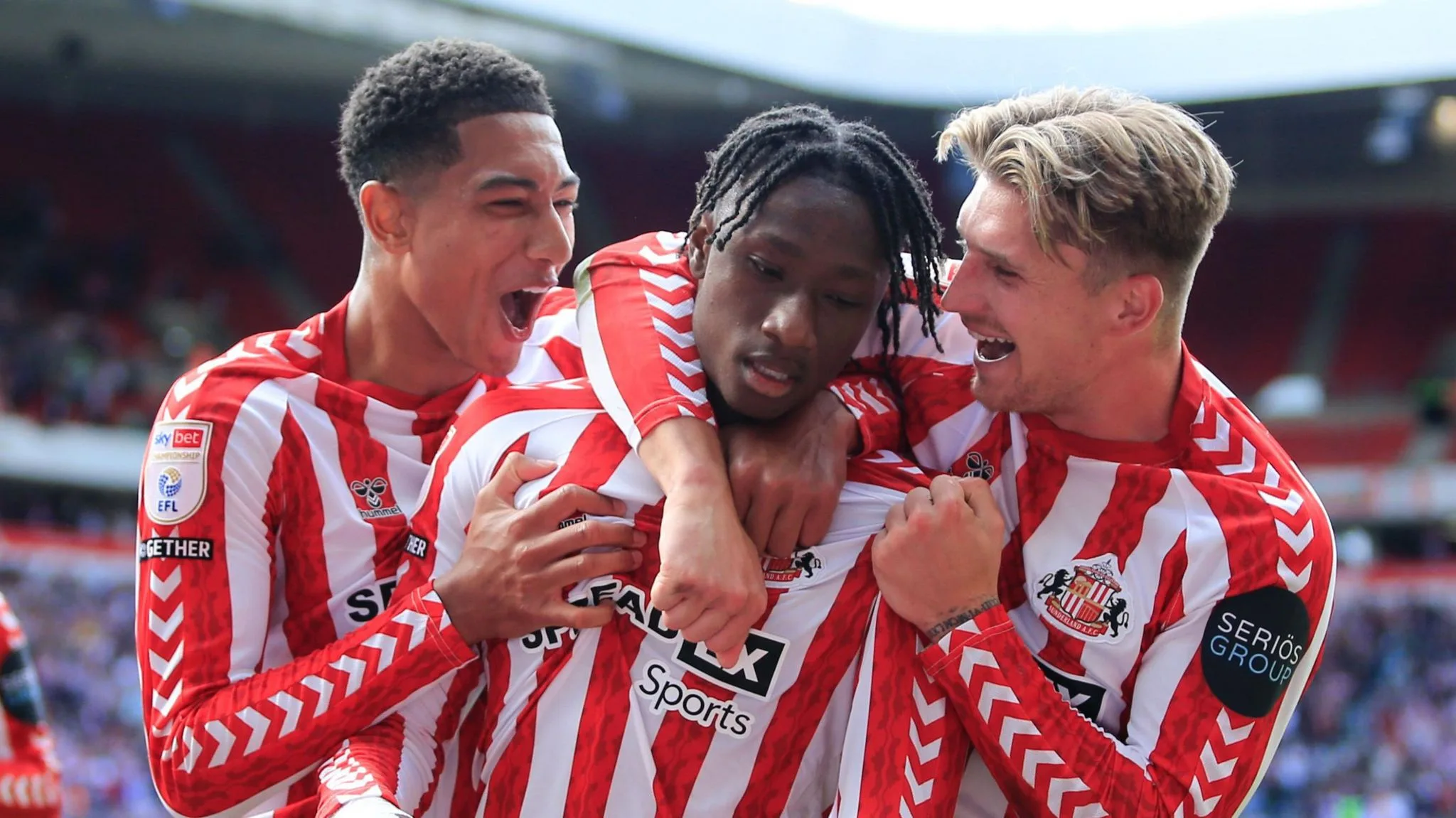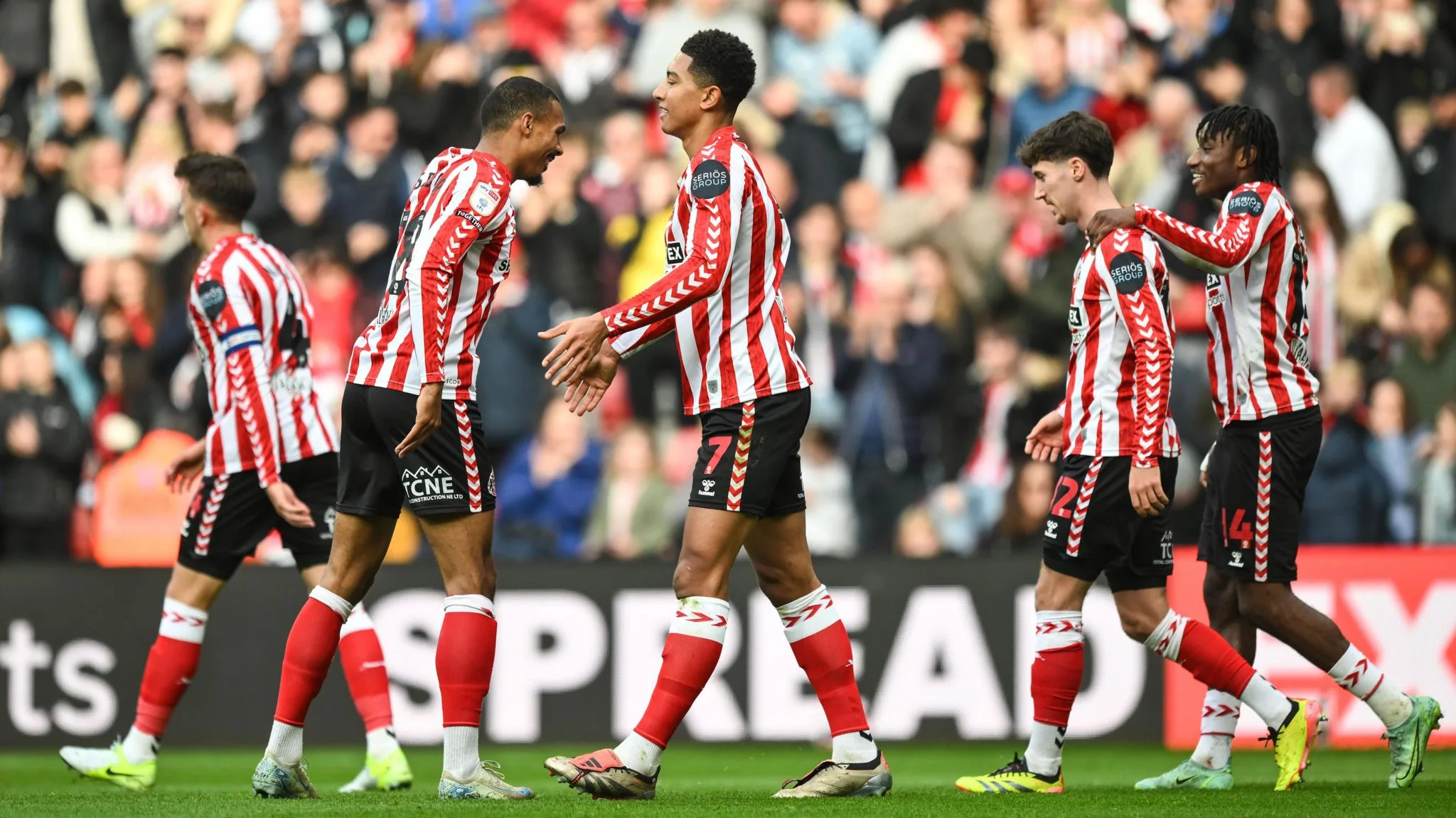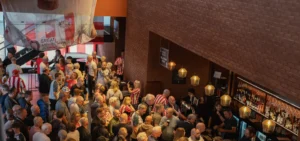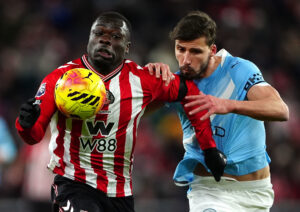Tactics and formation are the bedrock of a successful team. Finally, Jack Ross seems to be finding Sunderland’s winning identity.
3-5-2. 4-4-2. 4-3-3. 5-3-2. The WM. The Christmas Tree and the False 9.
The list goes on. Every manager has their favourite and every fan their opinion.
Should the formation be chosen based on the players available, or the players be forced to fit the formation? Football’s very own chicken and egg scenario. At Sunderland this is a debate held often, and it’s fair to say we’ve had a few headless chickens and broken eggs along the way too.
Pep Guardiola once described a formation as nothing more than a ‘telephone number’. Jürgen Klopp claimed that he ‘doesn’t really think too much about systems’, and that the whole point of a successful attack was to ‘break the structure’. Ex-Sunderland man Kieron Brady last week referred to players ‘laughing’ at fans’ obsessions with formations, suggesting winning individual battles across the pitch was the key to victory.
Now I don’t disagree with the points being made – there’s a habit amongst the media and supporters (and some managers too it must be said) of getting too hung up on what a team is supposed to be doing on paper. Opponents, referees, luck, injuries and even the weather all play a huge role over 90 minutes. A football match is no game of chess.
Finding A Winning Combination
There is little chance a team can be successful at any level without a strong tactical foundation. Having one single formation may not be of the utmost importance (most teams have at least two – one for with the ball and one for without), but there should always be an underlying structure and way of playing; an identity.
A clear idea of not only what they are going to do, but exactly how they are going to do it. Even Jürgen’s ‘breaking the structure’ is a system in itself – Liverpool don’t just happen to do this – it’s worked on hour after hour on the training ground. On an individual level, how are you going to win your battles without knowing where they’re going to be? Individuals are important, but a successful team is more than the sum of its parts.
It’s not just the top sides either. Last season Norwich, Sheffield United, Luton, Barnsley, Lincoln and Tranmere all had distinctive ways of approaching games and playing. They were all different, and they all succeeded. Tweaks would be made from week to week and personnel would rotate but each side had their own identity on and off the pitch, and that was what made them successful.
They had good players yes, but the system they played allowed them to maximise their ability. Plenty of other teams had good players too – that alone isn’t enough. You could see this harmony of talent and tactics translate onto the pitch with the self-belief these sides played with; conceding a goal didn’t spell disaster, neither did a team parking the bus.
So, Jack Ross’ Sunderland. How do we compare?
There were times (particularly at the start of last season) where we did seem to have a clear system and defined style of play – a ‘lopsided 4-3-3’ was an attempt to maximise performance across a squad boasting players with vastly different levels of quality and experience. If not that exact formation, the underlying ideas remained, and it worked.
There were games where we looked the real deal, playing with a ruthless intensity the opposition simply couldn’t live with. Looking solid, creating chance after chance and, crucially, scoring goals. In a nutshell, we were doing exactly what we were expected to. The question was, had this early season success been built on solid ground? Or was it the stellar work of a small number of high-performing individuals, never likely to carry over the whole season?
Tactical changes were made, but little long-term improvement was found – we didn’t often lose, but we drew far too often.
As the season went on, the answer became clearer. There were mitigating circumstances to an extent: rescinded red cards, injuries to Maguire and Wyke and the Josh Maja saga all caused their fair share of disruption. These issues don’t tell the whole story though – other teams experienced similar setbacks and do so every season.
Successful teams are more resilient. Instead, we slowly became more reactive. Not imposing ourselves and looking increasingly flattered by the league table; our constant presence in the top 4 perhaps papering over numerous questionable performances. Tactical changes were made, but little long-term improvement was found – we didn’t often lose, but we drew far too often.
Blame for this malaise must lie with playing and coaching staff alike and was evident no more so than in the play-off final. We delivered one of our most underwhelming performances of the season at the most crucial time. No team with a clear identity and a season full of morale-boosting performances behind them would have allowed such a meek and mild display in that scenario.
Look at the way Charlton performed even after a monumental cock-up put them one down. Aston Villa wiped the floor with Derby despite being taken to penalties by West Brom in their semi-final: another example of a promotion-chasing team determined to take the chance they’d been given – no one was stopping them.
Two 1-1 draws at the start of this campaign led to worries that lessons hadn’t been learned, and there was a hangover from a poor last few months of the previous one. This season there are no second chances and one acceptable outcome. 100 points or not, Sunderland simply must gain promotion.
Turning The Corner
Pleasingly, it increasingly seems as though the corner has been turned. 3 days after a game of two contrasting halves away to Ipswich resulting in the second of those 1-1s, Sunderland dispatched Accrington Stanley with ease in the first round of the Carabao Cup. This was followed with a win over a strong Portsmouth side which seemed somewhat unlikely after going behind 30 minutes in.
The performance that day was impressive, not only in that having reverted to a back 4 we looked decidedly more solid, but also in the grit and determination to accept nothing other than victory. This was a side to Sunderland we’d seen all too little in recent times and it was very refreshing to have it back. We deserved the win, combining a strong defensive performance with a sustained attacking intent to drag us back into the game.
Next came an Aiden McGeady-inspired victory over Rochdale. A goal and assist from the league’s best player went a long way to masking what was a far from convincing team performance. But, 3 points on the road is to be celebrated no matter how it comes about – the winning mentality we’d been crying out for took hold once again to carry us over the line. AFC Wimbledon were dispatched a few days later with a minimum of fuss (bar the concession of a needless equaliser – a clean sheet soon is a must) through a hat-trick from our other early season star man, Chris Maguire.
The Lads followed this up on Wednesday an absolutely fantastic win at Premier League Burnley in the Carabao Cup. 8 changes were made to the side that started against Wimbledon and a second 3-1 win the space of a week was fully deserved. Highlights included a well-deserved goal at last for Will Grigg after a couple of much-improved recent showings from the bench.
George Dobson announced himself with a dominant man-of-the-match display in midfield, alongside the ice-cool and classy Dylan McGeouch (his performance would have markedly improved Burnley’s midfield on the night by itself) and Luke O’Nien, who revelled in a return to his former position. Most importantly of all though was that Sunderland put in an all-round team performance full of energy, skill and focus which has really rubber stamped a drastic upturn in output across the board.
You can see confidence is building with each win – the team appear to be finally finding themselves, becoming comfortable in the shirt and playing to their strengths. Jack Ross deserves a lot of credit for this; he’s made the required changes whilst remaining calm, professional and retaining the full support of the dressing room. A clear idea of a preferred XI is forming and self-confidence and expression on the pitch are becoming more visible.
Big personalities like Maguire, Power, Leadbitter and O’Nien are coming to the fore once again and will be invaluable in the coming months. Setbacks no longer appear terminal and the urgency to dominate and put teams to the sword is returning. The side are combining technical quality, physical dominance and invaluable experience with a real desire and will to win.
We look fitter, faster and stronger than the opposition and crucially, not afraid to show it. Players are starting to believe in themselves again.
Make no mistake there’s a long hard season ahead – we all know by now League One is anything but easy. At the same time though, we’ve got a talented squad and a manager who may not be everyone’s first choice but seems determined to give this job his best shot. In a season where promotion must be achieved by any means necessary, Sunderland are starting to show they could take a hell of a lot of stopping.
This is the Sunderland identity we’ve been craving. The challenge now is not to lose it again.
James Reay



